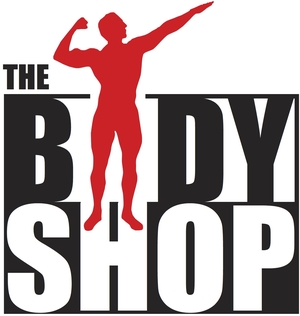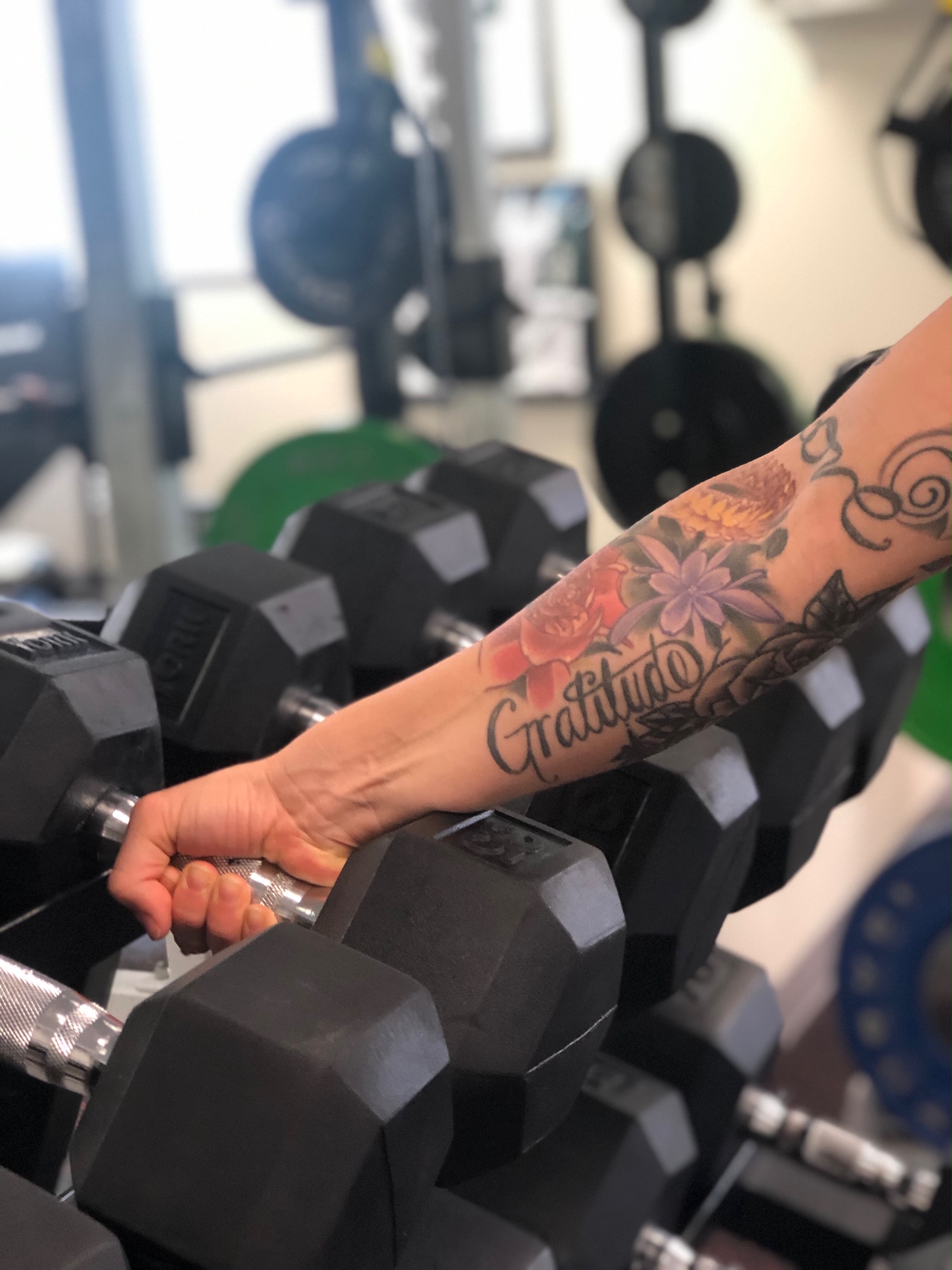While fitness may seem like an odd pairing with “gratitude,” surprisingly the two go hand in hand. After all, not only do we need to get our body right, there comes a point when we realize that we also need to get our mind right. It’s very hard to have one without the other. At The Body Shop Studio, we firmly believe in the holistic approach of cultivating both a healthy mind and a healthy body.
While there are a lot of different ways to improve your attitude toward yourself and others, perhaps the most simple place to start is with gratitude. Studies show that when we are consistently practicing gratitude, it’s way harder to feel down-in-the-dumps and sorry for yourself. Now, factor in both the immediate and long term effects of exercise and we’d say you’re likely to find yourself in a good place both physically and emotionally if we can be consistent in our practice of both. With continual effort on each front, the two can help you create a healthy vortex that keeps you moving in the right direction and continues to attract more healthy goodness into your life.
Mastering the art of gratitude AND fitness together can help us get to the desired outcome of feeling healthier, happier and more fit to handle life’s struggles.
Here are a few ways they fuel each other:
Get Grounded / Stay Grounded
In the midst of a chaotic day, week or even month, it can be difficult to be fully present in our life. We can feel out of control, anxious, and unable to reach our full potential at work and in relationships. In our experience, when we live in this state, a consistent fitness routine and making deliberately healthy food choices is likely not to be happening. You may even find yourself sabotaging your efforts.
Two ways to get out of this frame of mind is to remain consistent with your fitness routine and by ramping up your gratitude practice. Believe it or not, there is scientific literature that shows that when young adults kept a gratitude journal they were more likely to make healthier food choices!
Your weekly workouts are an excellent way to help you leave the “bullshit” at the door, even if it’s just for 30 minutes--which is often exactly what we need. After all, it’s very hard to rehash painful conversations from the day and annoying emails when there is a loaded barbell in your hand or your trying to beat your personal record on a row machine sprint. There is even an entire practice based on “Walking Meditation” or the practice of Yoga, which when done right, uses breath and movement to help find inward peace and stillness. The connection is there.
One commonly discussed way of practicing gratitude is to start or end your day with a list of things you are grateful for. This may be easy when things are going your way but try doing it when the shit hits the fan (we all know when it rains it pours). Sitting and deliberately forcing yourself to find the good in your current situation makes you become more aware of positive small events that may have otherwise gone unnoticed. Even if for a moment, we can shift to feeling more connected to our blessings as opposed to our burdens.
Celebrate Your Capabilities
Did you ever notice that some of the most inspirational videos and stories are centered around someone accomplishing a fitness or physical goal? Just last week this video went viral (I’m not crying, you’re crying!).
Fitness is a wonderful way to celebrate our capabilities. At some point in your fitness journey, working out may feel more like a chore. However, if you change your perspective and consider the fact that you likely were blessed with the ability to move more freely, more easily and perhaps with less pain than others, it will quickly feel less burdensome. Exercise and movement become less like a chore and more of a celebration of your capabilities. Imagine the difference in your mindset and your progress if instead of saying “ugh, I have to go to the gym tonight,” you started saying, “I am so grateful that I have the opportunity to go to the gym tonight.” Which version of you is more likely to show up?
Callus Your Body and Your Mind
One of our favorite things is when a client proudly shows off a new callus that has formed on their hands. Perhaps, it is a small sign that they are becoming immune to something that used to be more difficult and more painful. It is proof that our body has changed or hardened so that we can bear a little bit more than we used to. Similarly, if you’ve ever completed a workout that you thought was impossible or lifted a weight you never thought you would be able to, you’ve experienced that you are perhaps more resilient than you thought.
Like it or not, life is going to knock us down, whether it’s in our personal or professional life. One study shows a strong connection between gratitude and increased resilience. “Gratitude fosters adaptive coping mechanisms. By managing positive emotions like satisfaction, happiness, and pleasure, gratitude enhances our emotional resilience and builds our inner strength to combat stress (Steinhardt, 2016). There is a such thing as becoming emotionally stronger -- fitness and gratitude are excellent ways to get there.
Practicing Gratitude Daily
To some, the concept of “practicing gratitude” may seem like a gimmicky idea thrown around by self-help gurus and yogis. However, the scientific literature available around the benefits of creating a daily practice of gratitude are undeniable with actual applicable benefits. It essentials feeds our happiness level and let’s face it happy people are more likely to select more positive and healthy choices.
Here are a few ways of invigorating your daily gratitude practice:
Gratitude Journalling
Deliberate Acts of Kindness/ Service in your life
Replace Negative Media with Inspiration Books and Videos
Post-It Note Mantras
Dish Out More Compliments
Resources
https://www.sciencedirect.com/science/article/pii/S0022103117308569

